Here is a letter by Carl Jung from 1954 that he had written to a friend. In it he states why he uses the term Gnostic which is in opposition to the 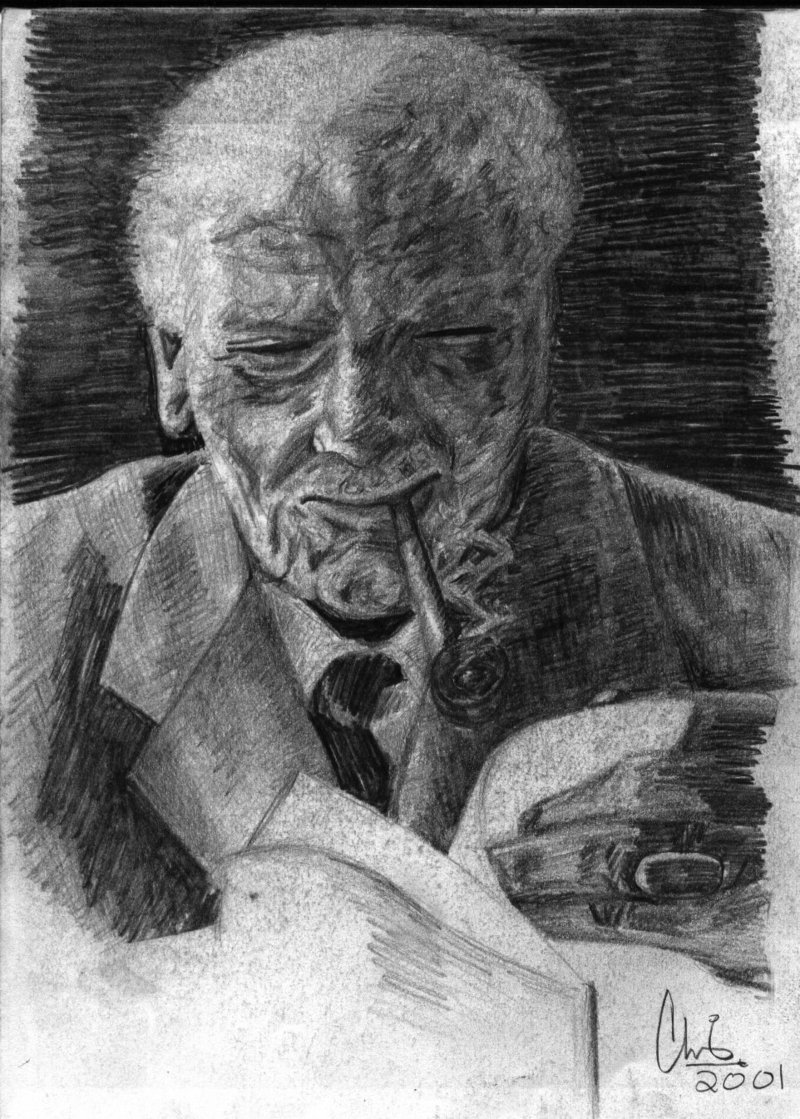 theologians of his day. Jung said these theologians fraudulently offers his (limited) God-concept to the naive listener as a special revelation. This underhand way of doing holy business I fling in the teeth of theologians of all colours.”
theologians of his day. Jung said these theologians fraudulently offers his (limited) God-concept to the naive listener as a special revelation. This underhand way of doing holy business I fling in the teeth of theologians of all colours.”
To Erich Neumann
Dear Neumann, 30 January 1954
Best thanks for your friendly letter.
I was just writing to Hull, who is to insert a passage on your work in the English edition of Symbole der Wandlung.
The transition to the New Year has not passed without difficulties: liver and intestine revolted against the too oily hotel cooking in Locarno, though this had its good side in that my holiday was 1-1/2 weeks longer than expected.
I have already penetrated a good way into your “Kulturentwicklung” and shall be able to read further as soon as the mountain of letters that have accumulated during my absence is cleared away.
I would abandon the term “Gnostic” without compunction were it not a swearword in the mouths of theologians.
They accuse me of the very same fault they commit themselves: presumptuous disregard of epistemological barriers.
When a theologian says “God,” then God has to be, and be just as the magician wants, without the latter feeling in any way impelled to make clear to himself and his public exactly which concept he is using.
He fraudulently offers his (limited) God-concept to the naive listener as a special revelation.
What sort of God is Buber talking about, for instance? Yahweh? With or without privatio boni?
And if Yahweh, where does he say that this God is certainly not the God of the Christians?
This underhand way of doing holy business I fling in the teeth of theologians of all colours.
I do not maintain that my “gnostic” images are a faithful reflection of their transcendental background, binding on everyone, or that this is conjured up by my naming it.
It is evident that Buber has a bad conscience, as he publishes only his letters and does not represent me fairly, since I am a mere Gnostic, though he hasn’t the faintest idea of what the Gnostic was moved by.
Meanwhile with best regards and wishes,
Yours sincerely,
C.G. Jung ~Carl Jung, Letters Vol. II, Page 147.

Moe is the founder of GnosticWarrior.com. He is a father, husband, author, martial arts black belt, and an expert in Gnosticism, the occult, and esotericism.

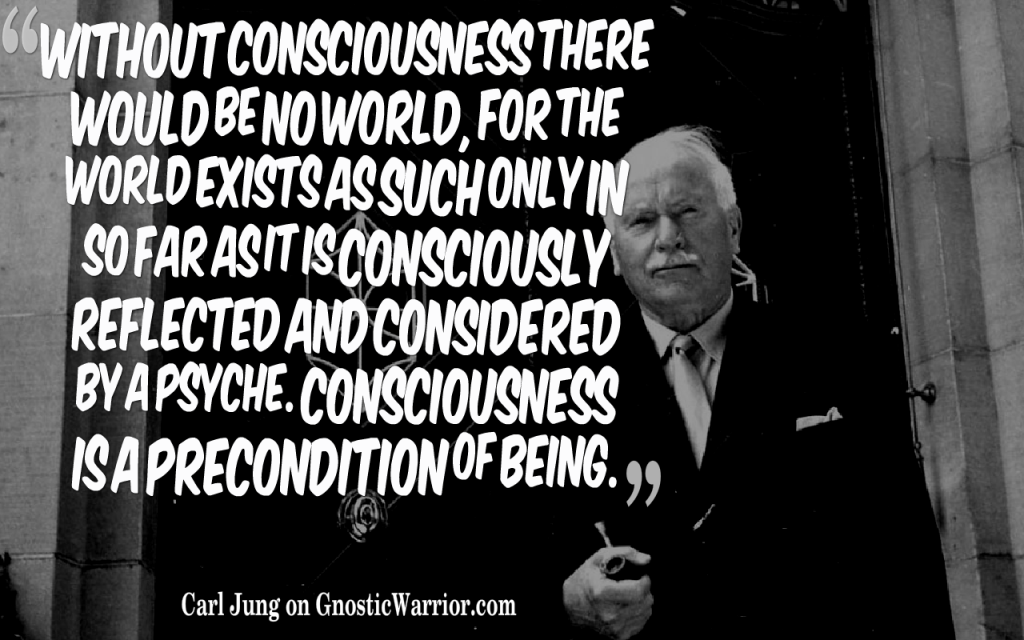
![How the holy man, Egbert, would have gone into Germany to preach, but could not; and how Wictbert went, but because he availed nothing, returned into Ireland, whence he came [Circ. 688 A.D.] | Book 5 | Chapter 8 How the holy man, Egbert, would have gone into Germany to preach, but could not; and how Wictbert went, but because he availed nothing, returned into Ireland, whence he came [Circ. 688 A.D.] | Book 5 | Chapter 8](https://www.gnosticwarrior.com/wp-content/plugins/contextual-related-posts/default.png)
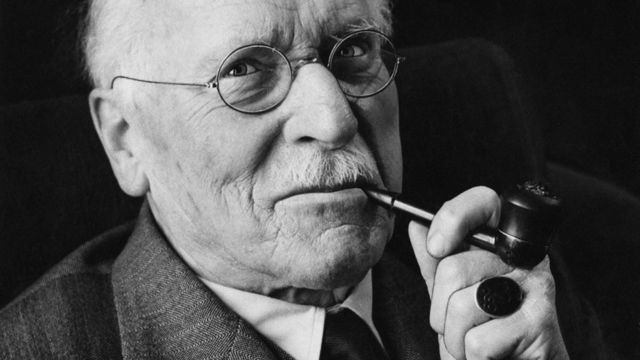
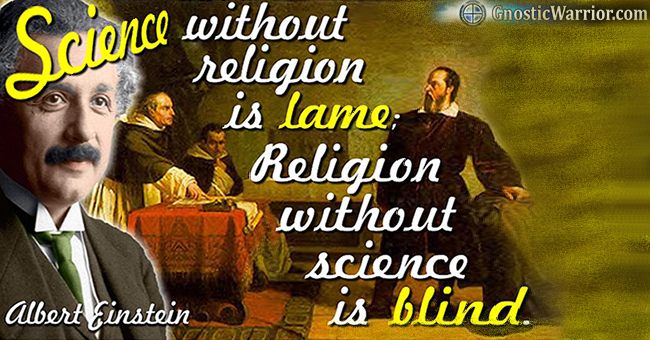

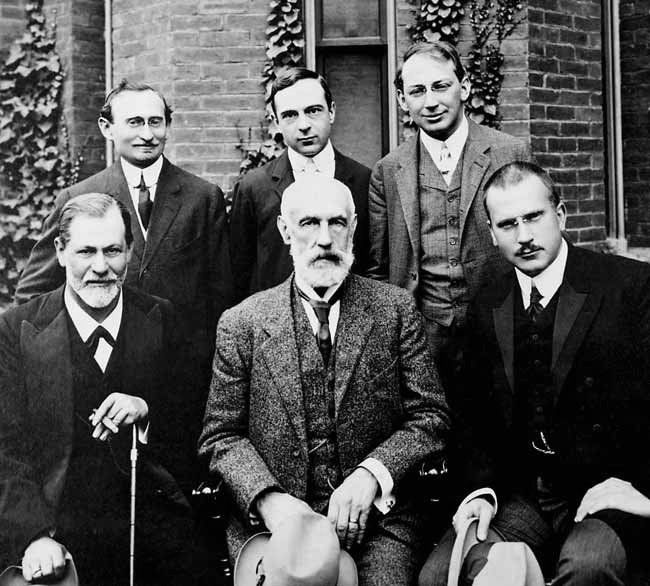
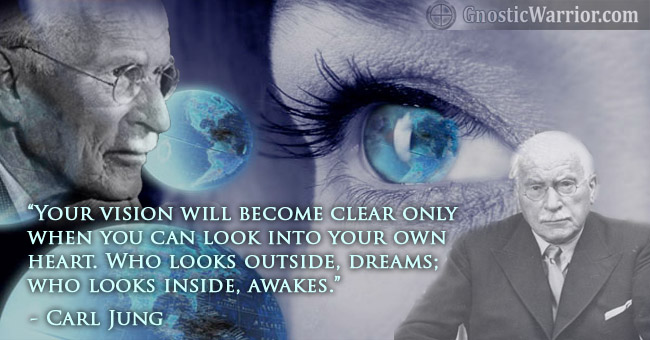
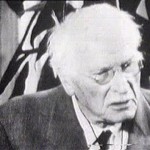
It’s not my projection, but your own.
What Buber misunderstands as Gnosticism is psychiatric observation, of which he obviously knows nothing. ~Carl Jung, Letters Vol. II, Pages 570-573
Buber has been led astray by a poem in Gnostic style I made 44 years ago for a friend’s birthday celebration (a private print!), a poetic paraphrase of the psychology of the unconscious. ~Carl Jung, Letters Vol. II, Pages 570-573
Is that all you can come up with Ms. Iona Miller? That does not support your cause and or claims. You are a sophist who spins webs around words and truth to fit your agenda. There have been many great writers, authors and academics who have come to the same conclusion as I have and that is without a shadow of a doubt, Carl Jung was a Gnostic. He was not religious in the theological sense and his words above show what he thought of theologians. In addition, if you know anything about his life and work, he was not a big fan of academia. Just because he didn’t walk around claiming to be a Gnostic and or that his work was a form of modern Gnosticism does not mean that he wasn’t.
Jung had also studied both Gnosticism for 8 years of his life and Alchemy which he traced back to the Gnostics. He even connected modern psychology of the unconscious. This is the basis of his whole Great Work.
“Between 1918 and 1926 I had seriously studied the Gnostic writers, for they too had been confronted with the primal world of the unconscious and had dealt with its contents, with images that were obviously contaminated with the world of instinct. Just how they understood these images remains difficult to say, in view of the paucity of the accounts which, moreover, mostly stem from their opponents, the Church Fathers.
It seems to me highly unlikely that they had a psychological conception of them. But the Gnostics were too remote for me to establish any link with them in regard to the questions that were confronting me. As far as I could see, the tradition that might have connected Gnosis with the present seemed to have been severed, and for a long time it proved impossible to find any bridge that led from Gnosticism or Neo-Platonism to the contemporary world.
But when I began to understand alchemy I realized that it represented the historical link with Gnosticism, and that a continuity therefore existed between past and present. Grounded in the natural philosophy of the Middle Ages, alchemy formed the bridge on the one hand into the past, to Gnosticism, and on the other into the future, to the modern psychology of the unconscious.” ~Carl Jung; Memories, Dreams and Reflections
A great scholar of Gnosticism, G. Filoramo, wrote: “Jung’s reflections had long been immersed in the thought of the ancient Gnostics to such an extent that he considered them the virtual discoverers of ‘depth psychology’ . . . ancient Gnosis, albeit in its form of universal religion, in a certain sense prefigured, and at the same time helped to clarify, the nature of Jungian spiritual therapy.”
Gilles Quispel, Professor of Early Christian History, Utrecht University said on The Search for Roots: C. G. Jung and the Tradition of Gnosis by Alfred Ribi, Foreword by Lance Owens – “Excellent book… Ribi has the feel of Gnosis and knows his sources, both ancient and modern… There is no doubt that it was Jung, and not Hans Jonas, who rediscovered Gnosticism and its importance for modernity.”
Historian and physician, Dr. Lace Owens had said this on Jung – “In 1916 Jung had seemingly found the root of his myth and it was the myth of Gnosis. I see no evidence that this ever changed. Over the next forty years, he would proceed to construct an interpretive reading of the Gnostic tradition’s occult course across the Christian aeon: in Hermeticism, alchemy, Kabbalah, and Christian mysticism. In this vast hermeneutic enterprise, Jung was building a bridge across time, leading back to the foundation stone of classical Gnosticism. The bridge that led forward toward a new and coming aeon was footed on the stone rejected by the builders two thousand years ago.”
Gnostic Bishop Stephan A. Hoeller had written, “Throughout the twentieth century the discipline of depth psychology gained much prominence. Among the depth psychologists who have shown a pronounced and informed interest in Gnosticism, a place of signal distinction belongs to C. G. Jung. Jung was instrumental in calling attention to the Nag Hammadi library of Gnostic writings in the 1950’s because he perceived the outstanding psychological relevance of Gnostic insights.”